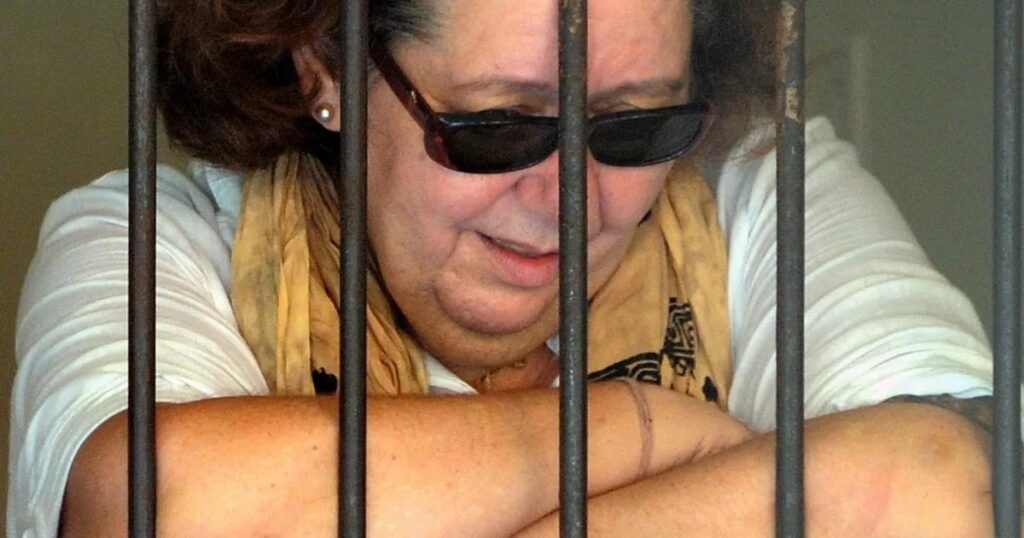To finance the war economy, the CPME proposes to increase the weekly working hours to 36 hours. This daring idea has already sparked reactions from some unions, but employers consider it essential.

One hour more to save the economy?
As Europe faces a major geopolitical crisis, the CPME (Confederation of Small and Medium Enterprises) has proposed a suggestion that is already provoking discontent. The organization aims to extend the working hours of French workers to 36 hours per week from the current 35 in order to fund what it describes as “the war economy”. This term is used to support the defense industry, which is now operating at full capacity to address the rising threat in Europe.
The CPME is enthusiastically seizing this opportunity because it has long argued that working a bit more could also help finance part of retirement through capitalization. With the urgent need to strengthen national defense, the organization sees this as a perfect moment to put forward this controversial initiative.


Working more to produce more?
According to François Asselin, the president of CPME, this change would resolve nearly all issues: “Purchasing power, retirement funding, war economy… everything would be solved with that extra hour!” The key argument from the CPME is simple: increase production at a time when arms factories need to operate at full capacity to meet the growing demands of the French and European armies.

However, this proposal is not well received by the unions. They criticize it as an idea that is disconnected from the realities of the job market, pointing out that skilled workers cannot simply be produced overnight. For these opponents, a more viable solution would be to hire more and better train those distant from employment.
The CPME, however, remains firm in its stance, asserting that this solution would address multiple issues simultaneously: purchasing power, retirement funding, war economy. All of this while ensuring a rapid boost in production capabilities.







